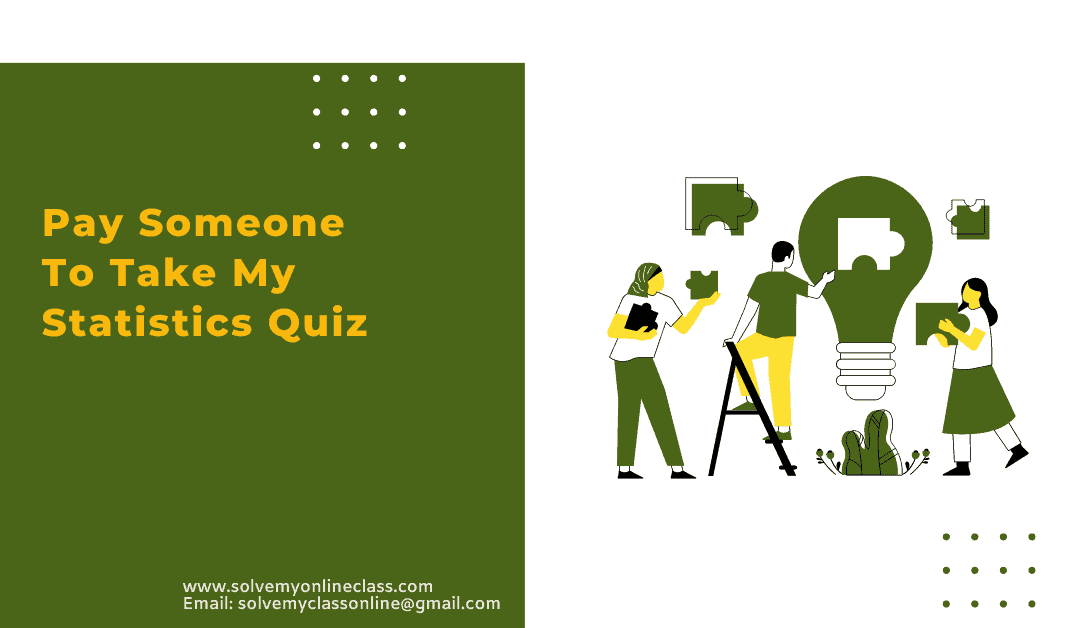Data collection, analysis, interpretation, presentation, and organization are all topics that fall under the purview of statistics, a subfield of mathematics. Science, business, economics, social sciences, healthcare, and other professions all depend on it greatly.
The following are some advantages of statistics education:
Data evaluation: The methods and tools needed for data collection, analysis, and interpretation are provided by statistics. You can use it to interpret sizable and complex datasets, glean insightful knowledge, and reach judgments.
Making decisions: Statistics aids in making well-informed choices based on facts and information. You can more effectively make decisions by analyzing statistical data since you can evaluate the efficacy of various options, spot trends, and forecast results.
Research and experimentation: Statistics are essential to the planning of both. It provides direction for the sampling procedure, establishes the proper sample size, and aids in the interpretation of the data gathered. It enables scientists to make inferences and generalizations that are meaningful.
Problem-solving: Statistics gives you the tools you need to solve problems. You can use it to find issues, create hypotheses, plan experiments, gather and examine data, and draw conclusions. These abilities are useful across a variety of fields and occupations.
Predictive analysis and forecasting are two tasks that statistics may help with. You can predict future outcomes and trends by looking at historical trends and patterns. This is especially helpful for market analysis, demand forecasting, and risk assessment in business and economics.
You gain critical thinking abilities, problem-solving techniques, and the capacity to make data-driven judgments by studying statistics. You have the ability to comprehend and analyze the world around you, make defensible decisions, and develop numerous fields.
The benefits of paying someone to do my online Statistics quiz as follows
Time management: Plan your day so that you can set aside time to study for your statistics test. Set tasks in order of importance and make sure you have enough time to prepare effectively.
Ask for assistance: If you are having trouble understanding the subject, think about asking your teacher, the teaching assistant, or your fellow students for aid. They can offer guidance and clarification on difficult concepts.
Online resources: Take advantage of the various online resources available, such as tutorials, video lectures, practice quizzes, and textbooks. These can supplement your understanding and help you prepare for the quiz.
Study groups: Collaborate with your peers by forming study groups. Discussing the material together can deepen your understanding, provide different perspectives, and make studying more enjoyable.
Never forget that education is about learning and development, not only about passing tests. You’ll gain in the long term from having a thorough understanding of statistics, both academically and professionally.




